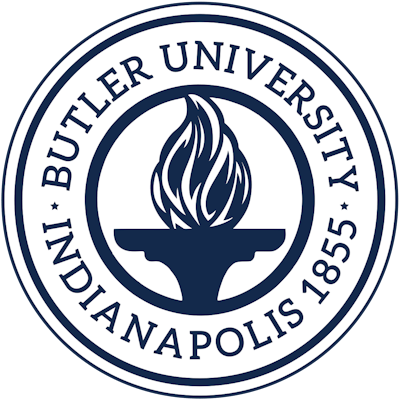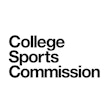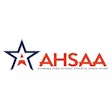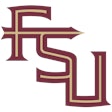
Last week, EPIC Global Solutions delivered education on sports betting risks to college athletes and coaches on all 18 of Butler's athletics teams.
As part of an ongoing collaboration with the NCAA to help protect student-athletes from the dangers associated with gambling, the EPIC program is led by facilitators who have personally experienced the negative impacts of sports betting. They share their lived experiences and warn student-athletes about what could happen if they choose to bet on games.
In front of the Butler men's basketball team and Butler Vice President and Director of Athletics Grant Leiendecker, former Arizona State basketball player Stevin "Hedake" Smith told his story. A story that started with Smith betting $20 on a game of Madden continued when he was thousands of dollars in debt and began shaving points during games at Arizona State. Eventually, the FBI showed up on Smith's front porch to arrest him. The Butler student-athletes, some eating a post-practice snack, were glued to his story, which was filled with remorse, humility and advice.
"The most impactful part was just knowing how he was the man at Arizona State, and he averaged a lot of points and did things like that and then just kind of threw it all away," senior forward Pierre Brooks II said. "Just making the mistakes that he made and saying that he went to prison. That's what impacted me the most."
After Smith finished his 30-minute presentation, he opened the floor for questions. The questions came slowly at first: "What happened to the guys who got you in trouble?" "Where did the money you bet come from?" "What did you spend your money on?" But after that, deeper questions followed: "Did your family and teammates know you were betting?" "What was it like when you got out of jail?" "Did you ever think you'd get caught and the betting would catch up with you?" "How stressful was it to keep what you were doing from your coaches and teammates?" The floodgates opened, and the players felt comfortable asking more about Smith's story.
"He was hoping to make it to the league — that's any basketball player's dream — and him looking back on this, his previous life and what he did was wrong, caught up to him," junior guard Kolby King said. "I'd say just like where he was and how it just screwed him up so bad, I feel like that was the most impactful part."
During Smith's session, he advised student-athletes to ignore the noise and the private social media direct messages from bettors asking for tips about the health of a teammate or harassing them through abusive messages after a game. Both Brooks and King said they get a lot of those messages.
"That happens all the time. I got one from a previous game before. They do it all the time," Brooks said. "Like, if people don't meet their over or under, they always DM me. It's actually pretty common."
After the session was over, a handful of players went over to talk to Smith, some to ask a question, some just to shake his hand and say thank you.
"This is part of my healing process, to be able to make a difference," Smith said. "That's why I'm passionate about it, because I don't want to see this happen again to college basketball, because this devastates the game. I made a mistake. I did my time. I paid my fine and everything. Now I just want to make a difference, and the only way I can make a difference is to get in front of these student-athletes and speak about the consequences of when you mess up like I did."
Since the first full year of EPIC's collaboration with the NCAA in 2022, EPIC has completed education sessions at over 260 schools and 70 conferences in 47 states. Over 75,000 student-athletes, coaches and administrators have been reached as part of the NCAA's education efforts with EPIC, the largest program of its kind globally.
"I thought it was phenomenal. Just given the impact that gambling is having in our ecosystem on a number of levels right now, it's a great opportunity for our student-athletes to get educated from what I thought was a really professional organization," Leiendecker said. "I'm appreciative of the NCAA and EPIC for providing this resource and bringing this to our campus and would definitely recommend other institutions take advantage of this."
To get in touch with EPIC to schedule an education session on campus, contact [email protected]. For more information on the NCAA's sports betting rules and resources, visit this link.




































